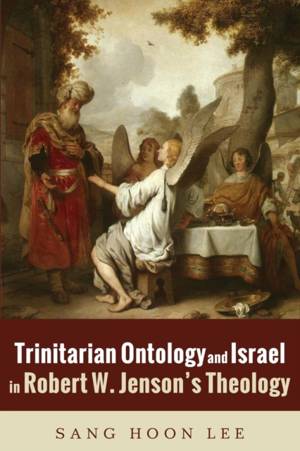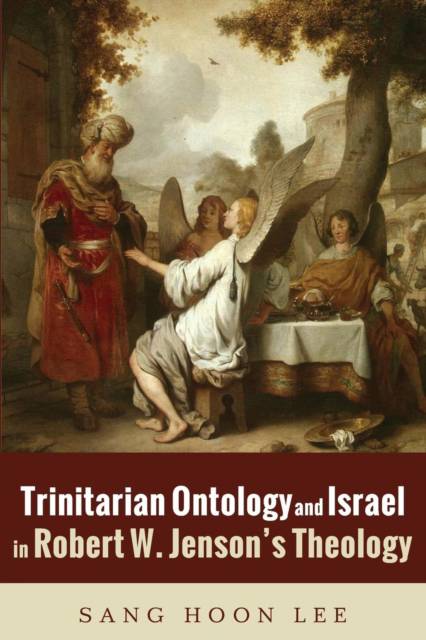
Je cadeautjes zeker op tijd in huis hebben voor de feestdagen? Kom langs in onze winkels en vind het perfecte geschenk!
- Afhalen na 1 uur in een winkel met voorraad
- Gratis thuislevering in België vanaf € 30
- Ruim aanbod met 7 miljoen producten
Je cadeautjes zeker op tijd in huis hebben voor de feestdagen? Kom langs in onze winkels en vind het perfecte geschenk!
- Afhalen na 1 uur in een winkel met voorraad
- Gratis thuislevering in België vanaf € 30
- Ruim aanbod met 7 miljoen producten
Zoeken
€ 39,45
+ 78 punten
Uitvoering
Omschrijving
Can Christian theology overcome its long-standing supersessionism without diluting its Trinitarian faith? Can Christian faith remain genuinely Christian when it fails to recognize the covenantal significance of the Jews? In his later career, leading Trinitarian theologian Robert Jenson's theology moves in a post-supersessionistic direction. That said, the conceptual nexus between his Trinitarian theology and his post-supersessionism is not always patent on the surface of his texts. In this book, Lee traces the post-supersessionistic development of Jenson's Trinitarian theology and uncovers the reasons why Jenson's Trinitarian theology sets out to embrace the existence of the Jews. This book seeks to show that Jenson's revisionary--historicized, "carnalized," hermeneutical, and eschatological--Trinitarian ontology allows for genuine confession of the eternal triune God as the God of Israel, and that it thereby lays a firm basis for a properly Christian post-supersessionism.
Specificaties
Betrokkenen
- Auteur(s):
- Uitgeverij:
Inhoud
- Aantal bladzijden:
- 206
- Taal:
- Engels
Eigenschappen
- Productcode (EAN):
- 9781498294645
- Verschijningsdatum:
- 2/11/2016
- Uitvoering:
- Paperback
- Formaat:
- Trade paperback (VS)
- Afmetingen:
- 152 mm x 226 mm
- Gewicht:
- 294 g

Alleen bij Standaard Boekhandel
+ 78 punten op je klantenkaart van Standaard Boekhandel
Beoordelingen
We publiceren alleen reviews die voldoen aan de voorwaarden voor reviews. Bekijk onze voorwaarden voor reviews.









